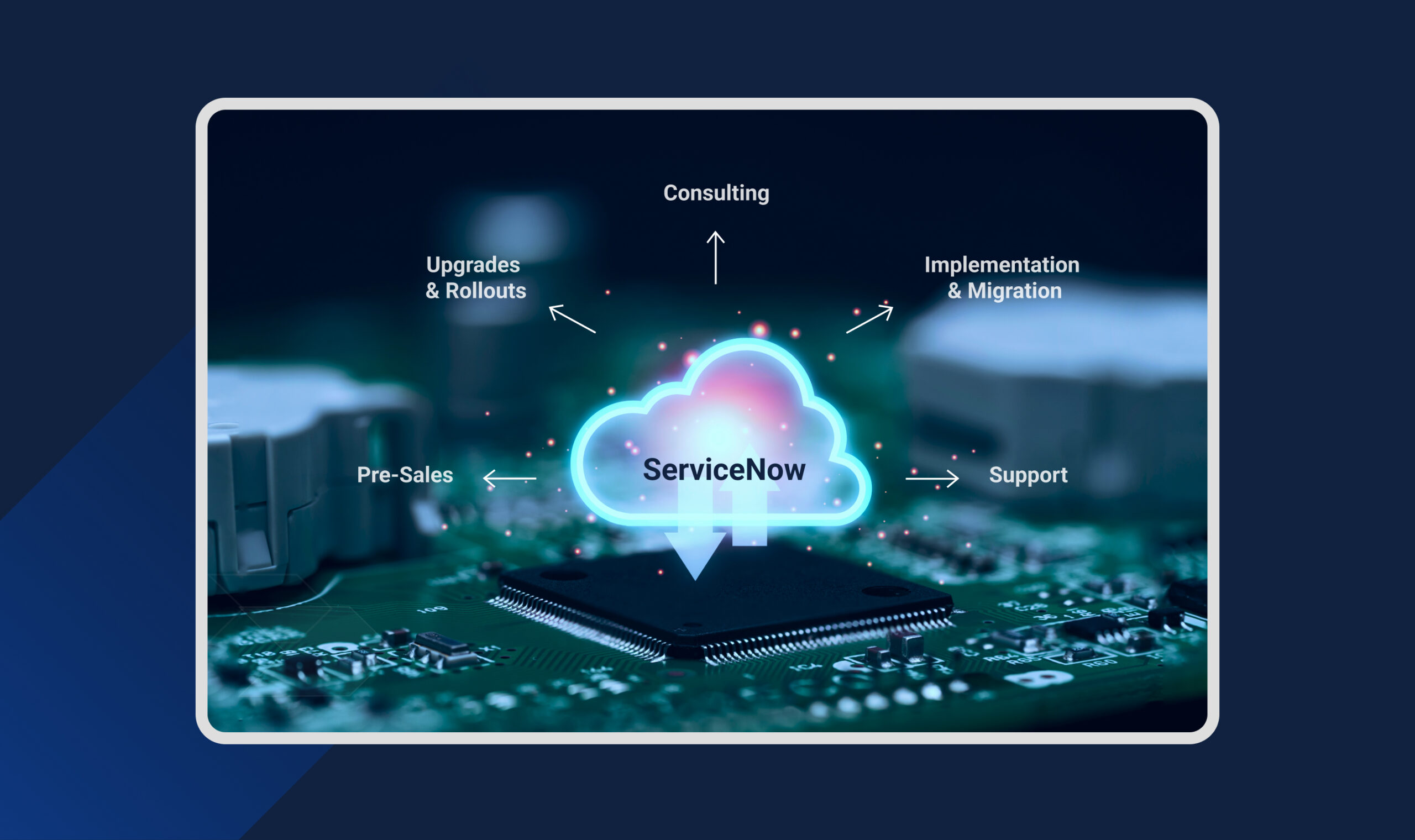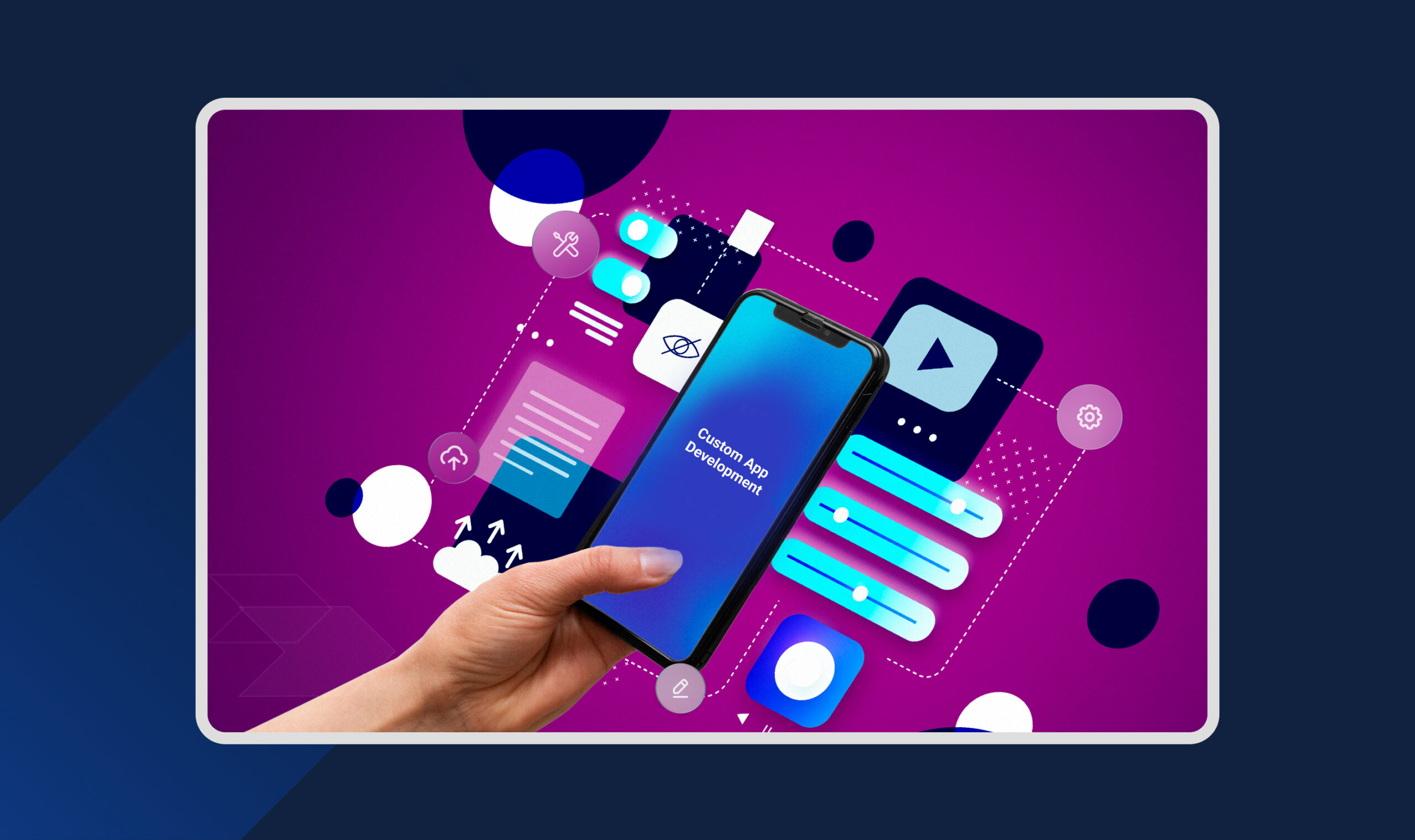
Mobile and web apps have become indispensable tools for businesses and individuals alike. From communication and productivity to entertainment and e-commerce, apps are transforming how we interact with the world. However, the success of these apps hinges on one critical factor: how well they cater to the needs of their users. This is where user-centric design comes into play. User-centric design prioritizes the user’s needs, preferences, and behaviors throughout the development process, ensuring an intuitive and satisfying experience. Simply put, a great app isn’t just functional—it’s designed with the user at the heart of every decision.
What is User-Centric Design?
User-centric design is a design philosophy that focuses on creating solutions tailored to the needs, goals, and pain points of the end users. This approach ensures that apps are not just aesthetically pleasing but also practical and easy to use.
Key Principles of User-Centric Design:
- Empathy: Understanding the user’s perspective and challenges.
- Usability: Ensuring the app is simple to navigate and accomplishes tasks effectively.
- Accessibility: Designing for inclusivity, making the app usable for people with diverse abilities.
- Iterative Process: Continuously improving the design based on user feedback.
By following these principles, user-centric design ensures that the app resonates with its audience and addresses their unique requirements.
Key Benefits of User-Centric Design
Improved User Experience
When apps are designed with users in mind, they offer a seamless and enjoyable experience. Intuitive navigation, minimal learning curves, and well-organized interfaces enhance user satisfaction, increasing the likelihood of app adoption and continued use.
Higher User Retention
A user-centric approach helps address common pain points and deliver solutions that users value. When users feel that an app understands and solves their needs effectively, they are more likely to remain loyal to it, reducing churn rates.
Increased Conversion Rates
Apps designed with user behavior in mind tend to have higher conversion rates. Whether it’s completing a purchase, signing up for a newsletter, or interacting with a feature, user-friendly design ensures that users can achieve their goals effortlessly, driving business outcomes.
Competitive Advantage
In a crowded marketplace, a user-first design can set an app apart. Apps that prioritize usability and accessibility are more likely to stand out, creating a positive brand image and fostering long-term trust with users.
How to Implement User-Centric Design in Mobile & Web Apps
Creating a user-centric app involves several key steps that prioritize user needs and feedback throughout the development lifecycle:
1. Research and Understand Your Users
Conducting thorough research to understand the target audience is the foundation of user-centric design. This includes:
- User Personas: Create detailed profiles of your ideal users, outlining their demographics, preferences, and challenges.
- Surveys and Interviews: Gather direct feedback from potential users to understand their pain points.
- Analytics: Use tools to track user behavior and identify common patterns or issues.
2. Design Iteration and Prototyping
Prototyping allows designers to create and test early versions of the app. By collecting user feedback during this stage, developers can identify and resolve issues before full-scale development, saving time and resources.
3. Focus on Accessibility
An inclusive design ensures that the app can be used by people with disabilities or varying technical skills. Consider features like screen reader compatibility, adjustable font sizes, and simplified navigation for better accessibility.
4. Continuous User Feedback and Testing
Even after launch, user feedback should remain a priority. Regular usability tests and updates based on user input help maintain relevance and improve the app’s performance over time.
5. Collaboration Across Teams
User-centric design requires close collaboration between designers, developers, product managers, and other stakeholders. Clear communication ensures that user needs are addressed at every stage of development.
The Role of User-Centric Design in Business Success
User-centric design directly contributes to business success in several ways:
- Increased ROI: Apps that deliver exceptional user experiences are more likely to generate revenue and reduce costs associated with user acquisition and churn.
- Brand Loyalty: Satisfied users are more likely to recommend the app to others, boosting brand reputation and trust.
- Market Relevance: A user-first approach ensures that the app stays relevant in a rapidly evolving market, meeting the changing expectations of users.
Future Trends in User-Centric Design
The field of user-centric design is constantly evolving, with new technologies and trends shaping the future of app development:
1. AI-Powered Personalization
Artificial intelligence enables apps to deliver highly personalized experiences based on user behavior and preferences. From content recommendations to predictive search, personalization enhances user engagement.
2. AR/VR Integration
Augmented and virtual reality technologies are transforming user experiences, offering immersive and interactive interfaces for education, gaming, and e-commerce.
3. Predictive UX
Leveraging data analytics to anticipate user needs and provide proactive solutions is becoming a key trend in enhancing user-centric design.
4. Focus on Sustainability
As users become more environmentally conscious, apps are incorporating sustainable design principles to minimize energy usage and promote green practices.
Conclusion
In a world where users have countless options, the importance of user-centric design cannot be overstated. By focusing on the needs, preferences, and behaviors of users, businesses can create mobile and web apps that stand out in a competitive market. User-centric design not only ensures higher user satisfaction but also drives long-term success by fostering loyalty, trust, and business growth. Developers and businesses must adopt this approach to deliver meaningful and impactful digital experiences.
At Amazatic, we specialize in designing and developing user-centric mobile and web apps that deliver exceptional experiences. Our team focuses on understanding your users’ needs through thorough research and feedback. We leverage cutting-edge tools and technologies to create intuitive, accessible, and scalable solutions that align with your business goals. Whether you’re building a new app or enhancing an existing one, our expertise ensures your app resonates with users and drives success. Partner with us to bring your vision to life and create apps that users love.




